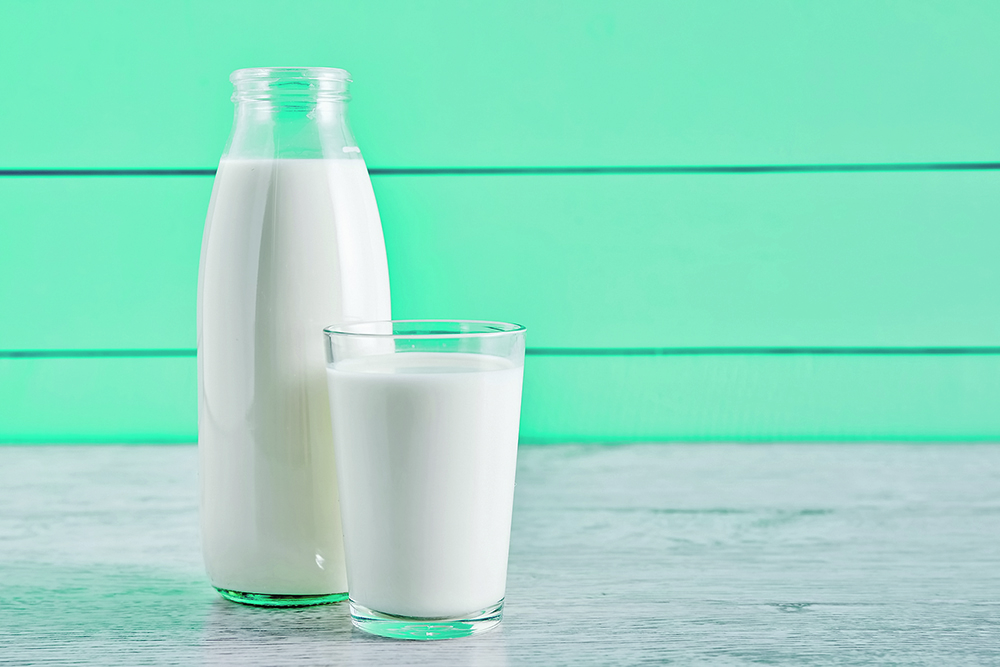The Canadian Dairy Commission announced recently that farmers will get an unprecedented 8.4 percent more for their milk and better than 12 percent more for butter starting in February.
For consumers, this isn’t great news. Milk, butter and yogurt prices will likely skyrocket in the new year.
It’s the highest increase since the commission was created in 1967.
Provincial boards will need to approve these increases, but that likely won’t be a problem.
Canadian industrial milk was already the most expensive in the world and has been for years.
Read Also

Farmer ownership cannot be seen as a guarantee for success
It’s a powerful movement when people band together to form co-ops and credit unions, but member ownership is no guarantee of success.
In Canada, we produce what we need and dairy farmers get a fair price for their work. That sounds reasonable. The Canadian Dairy Commission is the centrepiece of that supply management system.
Only a privileged few can produce milk in Canada, making milk almost a public good. Most people are willing to pay extra for good Canadian milk and dairy products. Even without supply management and our quota system, milk prices would likely be high, perhaps even higher. But it’s sensible to believe Canadians still want domestic quality.
But in recent months, Canadians have seen that quality may not always be there. Buttergate shone a light on the practice of feeding cows palmitate, an imported palm oil derivative.
It affected our butter’s hardness and made many Canadians wonder why we would import an ingredient to produce butterfat and compromise quality when the Dairy Farmers of Canada’s Blue Cow logo is all about local?
Dairy Farmers of Canada banned the practice in the spring and created a working group to investigate the matter. So far, the group hasn’t released a single report about its progress or offered one hint of transparency.
With this latest increase, raising farmgate prices for milk so farmers can make a decent living isn’t really the issue. What’s problematic is the way the commission does it.
The Canadian Dairy Commission, a crown corporation owned by all Canadians, is controlled by three people, all with dairy connections. Processors, retailers and, most importantly, consumers aren’t even represented on the board.
To be clear, the 72 people working for the commission in Ottawa are actually working for the Canadian public, not dairy farmers. We set dairy prices, not farmers — the supply management regime is owned by all Canadians.
However, 91 percent of the Canadian public doesn’t even know the commission exists and how it operates, even though its decisions impact the lives of most of us.
And the commission hasn’t shown any interest in being transparent and forthcoming with information.
Many observers are also concerned about the methods used to calculate increases. The commission posted a simplistic seven-page report explaining how it calculated the increase. Not only is raw data not provided but we have no idea if data used in the pricing formula was verified by competent authorities.
Higher milk prices won’t be good news for consumers, or for the dairy industry. With this decision, we expect more milk to illegally enter the Canadian market from the United States, as was the case a few years ago with diafiltered milk.
Goat milk and other alternatives will also become more financially attractive.
But dairy farmers won’t care. Most will cash out and exit the industry while others continue to do well under a regime that guarantees them revenue.
Canada is on pace to lose half of its dairy farms by 2030. We could have fewer than 5,000 farms within the next decade.
If that’s what Canadians want, fine. But if we want to really help our dairy industry, a good starting point would be to reform the commission and address its questionable governance and opaque processes.
Sylvain Charlebois is senior director of the agri-food analytics lab and a professor in food distribution and policy at Dalhousie University. This op ed appeared on Troy Media. It has been edited for length.















